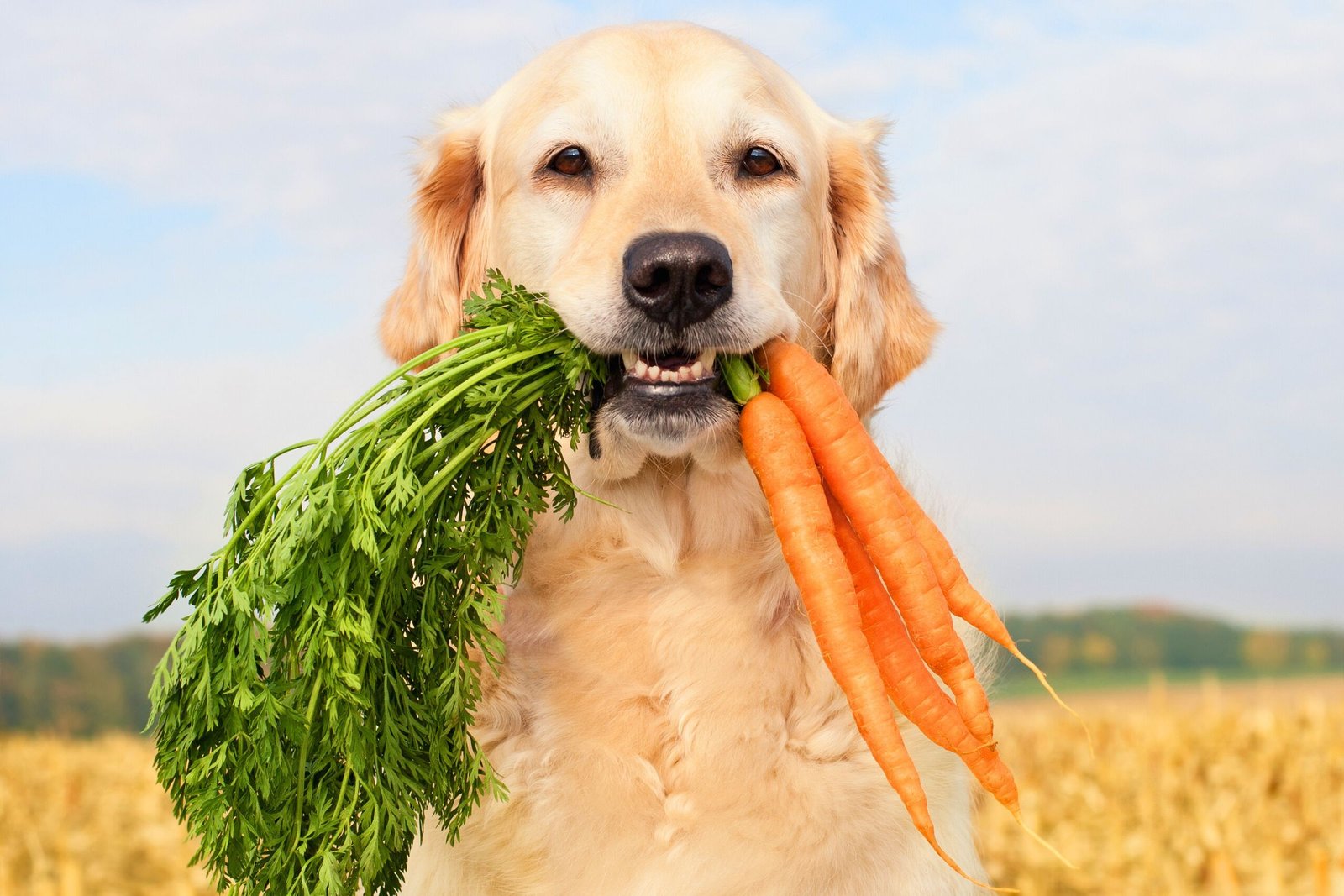The Basics of Canine Nutrition

Understanding the fundamentals of canine nutrition is paramount for responsible pet ownership. Dogs, as omnivores, have the ability to consume a diverse range of foods, encompassing meat, grains, and vegetables. While their digestive systems are versatile, it’s crucial to recognize that their nutritional requirements differ significantly from those of humans.
Dietary Variations for Dogs
Unlike strict carnivores, such as cats, dogs have adapted to a more varied diet over centuries of domestication. While meat serves as a primary source of protein, they also benefit from other food groups. High-quality commercial dog food often contains a balanced mix of protein, carbohydrates, fats, vitamins, and minerals, tailored to meet the specific needs of our canine companions.
Protein Requirements
Protein is a cornerstone of a dog’s diet, essential for muscle development, immune function, and overall vitality. High-quality animal-based proteins, such as chicken, beef, and fish, are commonly included in commercial dog foods. It’s important to ensure that your dog’s diet meets the recommended protein levels based on factors like age, size, and activity level.
Carbohydrates and Fiber
While dogs don’t require as many carbohydrates as humans, they can derive energy from sources like grains and vegetables. Carbohydrates provide a valuable source of fiber, aiding in digestion and promoting gut health. Whole grains like brown rice and vegetables like sweet potatoes are often incorporated into dog food to provide these essential nutrients.
Essential Fats
Healthy fats play a crucial role in supporting a dog’s skin and coat health, as well as aiding in nutrient absorption. Look for dog foods containing omega-3 and omega-6 fatty acids, commonly sourced from fish oil or flaxseed, to contribute to your pet’s overall well-being.
Nutritional Differences from Humans
While it may be tempting to share our meals with our furry friends, it’s important to recognize the significant differences in nutritional needs between dogs and humans. Dogs have specific dietary requirements that may not align with our own, and certain human foods can be harmful or even toxic to them.
Balancing Act
Maintaining a balanced diet for your dog involves providing the right proportions of proteins, fats, carbohydrates, vitamins, and minerals. Striking this balance is crucial for promoting optimal health, preventing nutritional deficiencies, and avoiding potential health issues in the long run.
By understanding these fundamental aspects of canine nutrition, pet owners can make informed decisions when it comes to enhancing their dog’s diet with fruits and vegetables, ensuring a happy and healthy life for their beloved companions.








